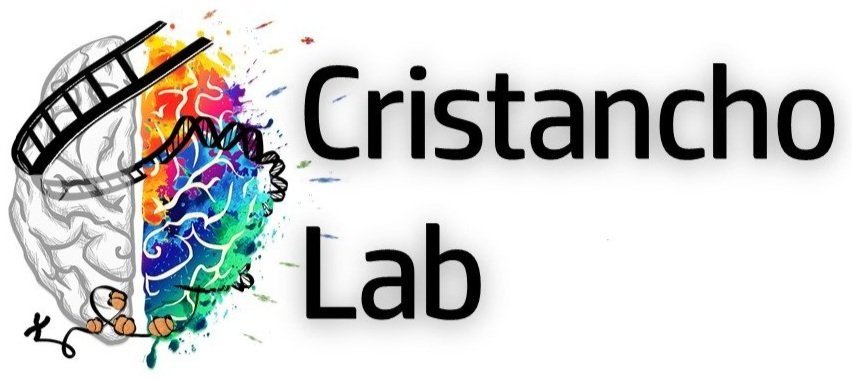Goals & Approach
Acquired prenatal and perinatal brain injuries are amongst the most common causes of life-long disabilities. However, there is still so much we don’t understand about how these insults disrupt the development of the brain during this critical period of maturation. We know that the cell type-specific epigenome regulation during development is fundamental to normal brain development. Environmental injuries like hypoxia or inflammation can also alter the epigenome. Therefore, we posit that epigenetic dysregulation during brain development is an underlying cause of lifelong disabilities.
The tool kit in molecular biology has exploded over the last decade with the advent of single-cell technologies, high-resolution imaging, and clinical genetic testing. Our goal is to use these rapidly emerging tools in combination with behavioral neuroscience and our clinical knowledge of these disorders to determine if the epigenetic mechanisms disrupted by these injuries can be leveraged to develop novel therapeutic interventions to improve developmental outcomes.




